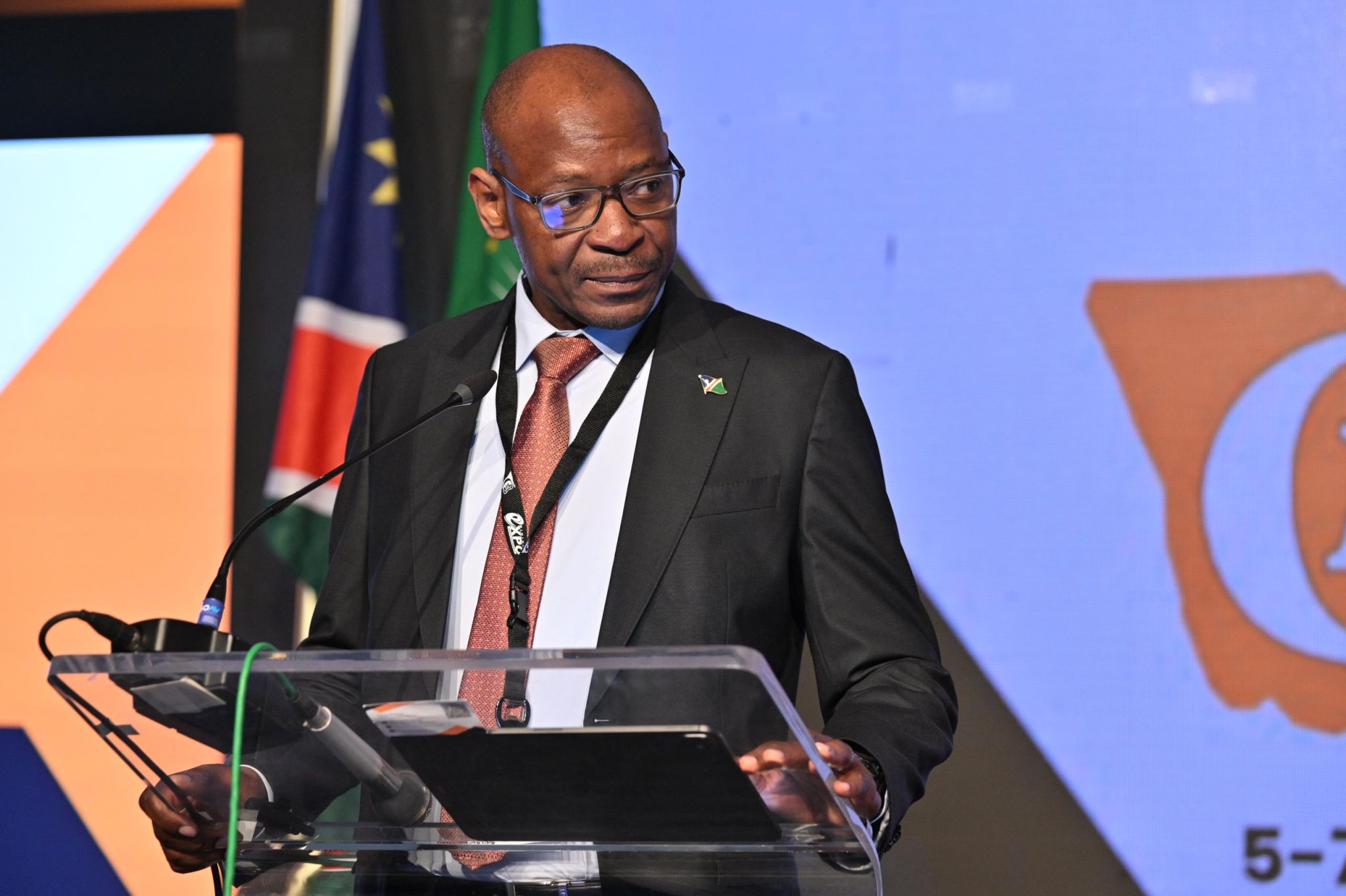
Namibia’s improved standing in the 2024 Fraser Institute Survey of Mining Companies could be undermined by the proposed 51% Namibian ownership requirement in new mining ventures, the Chamber of Mines has warned.
The country rose 10 places in the Investment Attractiveness Index to 35th globally, up from 42nd in 2023, retaining its position as the fourth most attractive mining destination in Africa.
Namibia also ranked second on the continent in the Policy Perception Index, with a 10-point rise in both that index and the Best Practices Mineral Potential Index, reflecting improved confidence in policy and exploration potential.
Chamber President George Botshiwe cautioned that the proposed ownership threshold threatens to reverse these gains.
“The Chamber is deeply concerned about recent policy pronouncements, particularly the proposed 51% Namibian ownership requirement in new mining ventures. Such measures risk undermining the progress made and could potentially reverse the gains in exploration investment, positioning Namibia as one of the least attractive destinations in Africa in the 2025 Fraser Survey,” he said.
Botshiwe said the industry welcomed Namibia’s improved ranking, which reflected stronger competitiveness among African peers and a rise in exploration.
“As a mining industry, we are proud of Namibia’s improved ranking in the global investment landscape for mining, and increasing competitiveness among her African peers as a sought-after mining investment jurisdiction. This performance is reflected in the substantial increase in exploration activity, which increased by 106.3% and 7.3%, respectively in 2024,” he said.
The Chamber also highlighted other policy issues it considers problematic.
These include local processing requirements for rare earths and lithium and farmland transfer rules for acquiring mines or licences.
“The requirement to process rare earth elements and lithium locally may have stifled the potential for developing these deposits in the country, particularly due to their small size, creating uncertainty and deterring investment,” Botshiwe said.
“The requirement for farmland transfer when purchasing a mine or mining license is cumbersome and time-consuming, creating unnecessary delays and deterring investment.”
Despite these concerns, the Chamber commended Namibia’s Geological Survey for maintaining a transparent and reliable database that supports investor decision-making.
“The database is updated and transparent,” Botshiwe noted.
He said the Chamber continues to engage government stakeholders to ensure empowerment measures do not erode competitiveness.
The warning follows remarks by Deputy Prime Minister and Minister of Industries, Mines and Energy, Natangwe Ithete, who defended the proposed 51% ownership threshold as a way to ensure Namibians gain a sustainable share of the sector’s benefits.
Ithete said the ongoing review of the Minerals Bill will involve extensive stakeholder consultations to align the legislation with modern industry standards.







